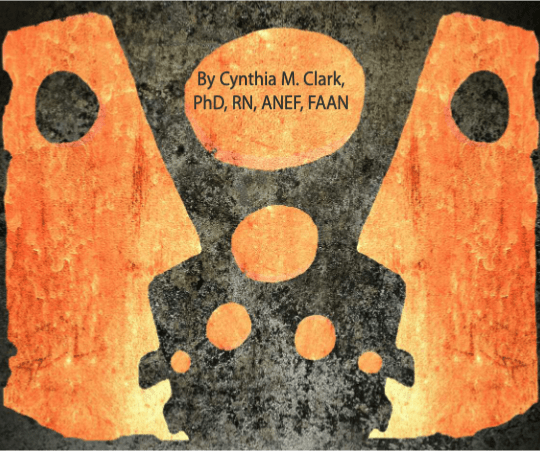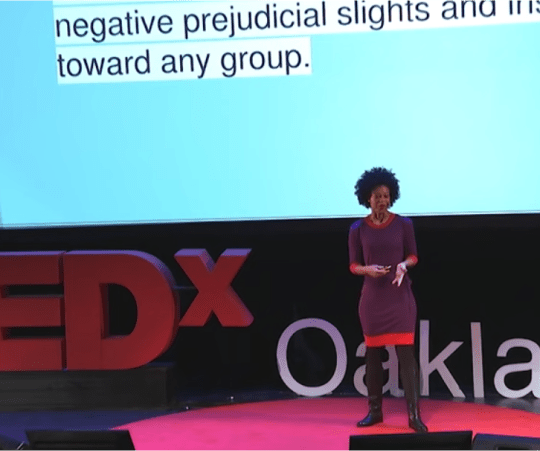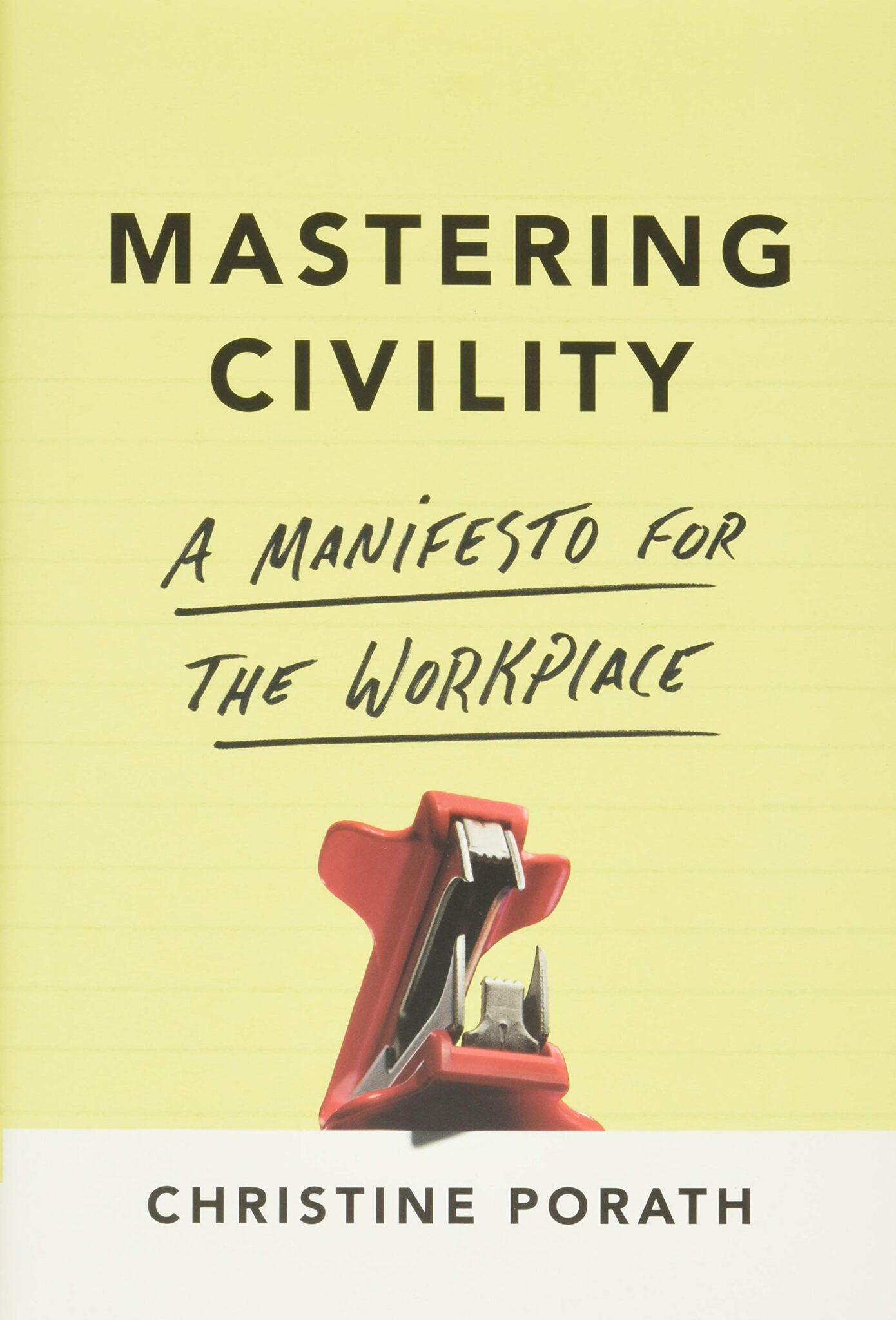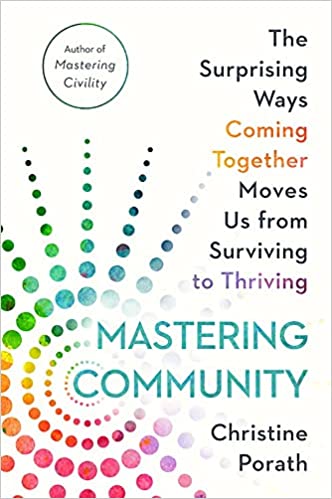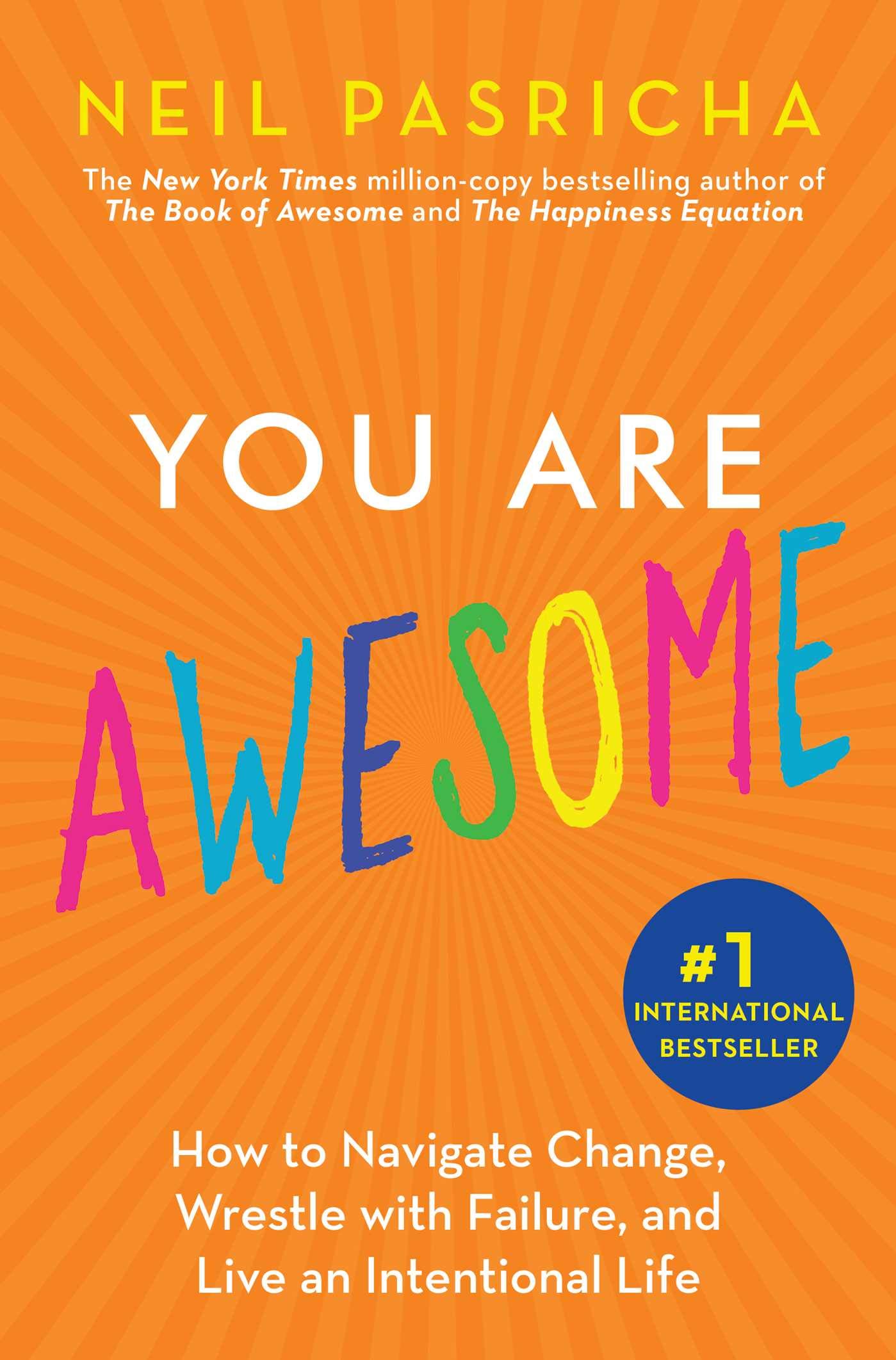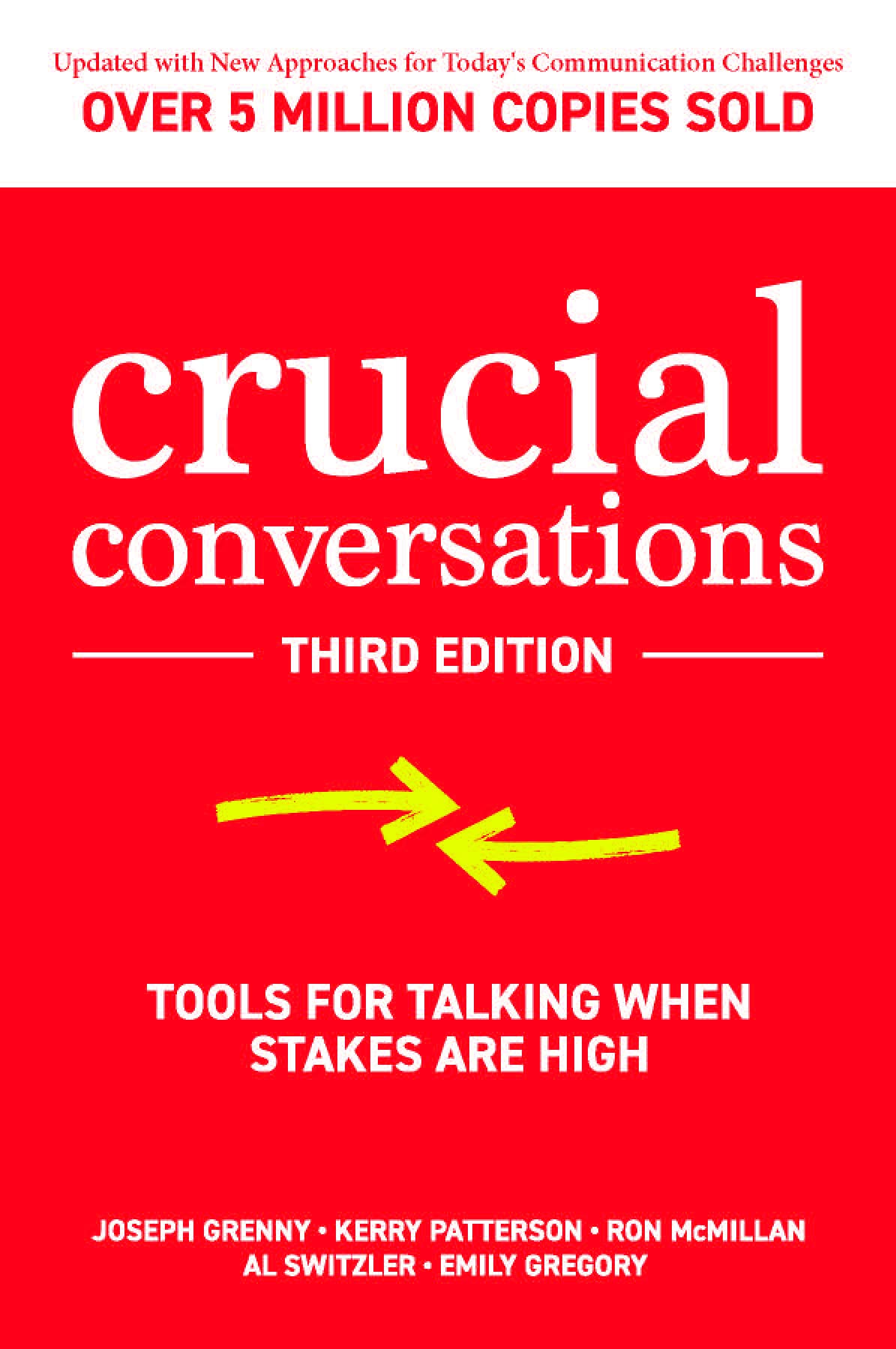Resources & Tools
Resources and Tools
View All
This risk assessment audit tool includes a template for long-term care, home care and community health support, and non-clinical areas.
Files Attached
This safety huddle will help you develop a Bullying and harassment policy for your organization.
Files Attached
Training & Education
Training and Education
View All
Programs & Services
Programs and Services
View All
Register
Leading from the Inside Out
- "This program is great and well facilitated. I hope that more healthcare leaders can have the opportunity to participate in this kind of program."
- "This is a good program and especially helpful to have other participants in the same field of work."
- "I thought Callie did a great job at providing opportunities for everyone in the group to open, honest and to share their valuable experiences with others."
- "Working with the other leaders was the most rewarding – to hear other leaders and their struggles and together coming up with self-care strategies to better cope with work-life balance"
Guidelines & Regulations
Guidelines and Regulations
View All
WorkSafeBC’s healthcare and social services planned inspection initiative focuses on high-risk activities in the workplace that lead to serious injuries and time-loss claims.
View News StoryNews Story
WorkSafeBC wants your feedback | Proposed changes to compensation calculations
January 24, 2024
WorkSafeBC is releasing a discussion paper with proposed amendments to the Current Rehabilitation Services and Claims Manual that guide wage rate decisions related to short-term and long-term disability compensation. Recommended amendments include: These changes may affect your claims costs. Click here to view the proposed changes and offer feedback to WorkSafeBC – The deadline is 4:30 p.m. on Friday, […]
View News StoryGuidelines and Regulations
Regulatory News










